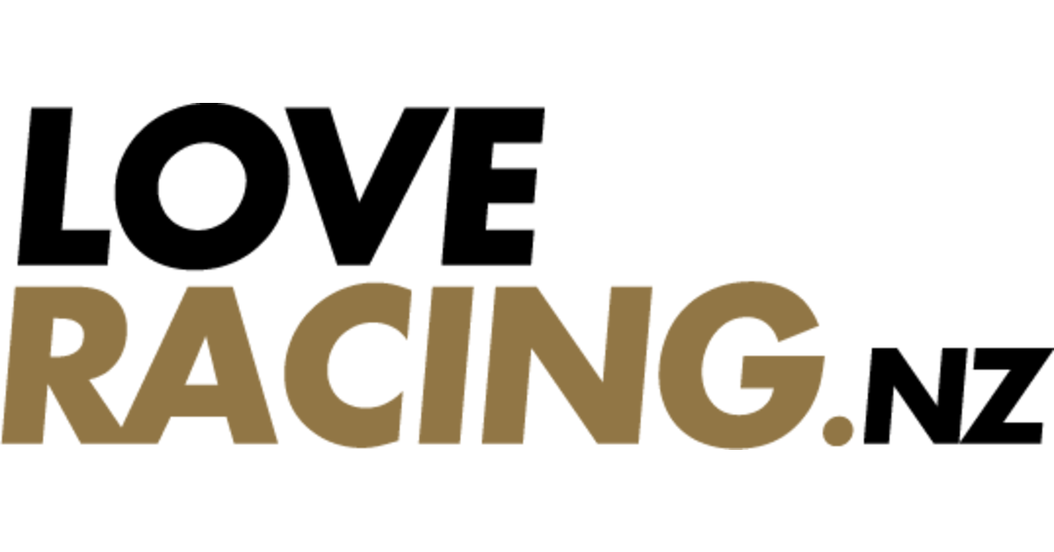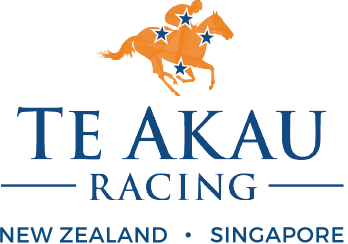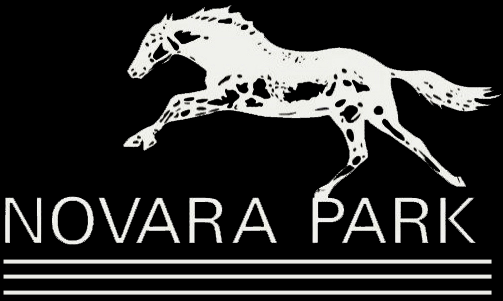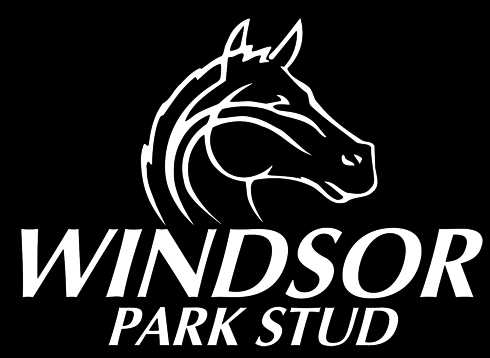 Atishu (James McDonald) carries the Go Racing colours to victory in the Gr. 1 Champions Stakes.
Atishu (James McDonald) carries the Go Racing colours to victory in the Gr. 1 Champions Stakes.New Zealand’s two leading racehorse syndicators have been rivals for more than two decades in attracting clientele to their respective models, but a superb Group One double at Flemington last Saturday is a reminder that they still share the same core philosophy.
The final raceday of Melbourne Cup week has grown exponentially in the short time since the introduction under the Champions Day banner of three Group One weight-for-age features, each carrying a stake of A$3 million at 1200, 1600 and 2000 metres.
And how wonderful it was to witness each of the three feature races won by mares with a direct connection to New Zealand. The obvious two were Imperatriz and Atishu, while the third was Pride Of Jenni, bred by one of this country’s historic nurseries, Trelawney Stud.
The Pride Of Dubai mare is a member of one of the Taylor family’s most prolific Group One-producing families and was the only horse to win twice across the four-day Flemington carnival. On the first day she ran her rivals off their feet in the Gr. 1 Empire Rose Stakes and did exactly the same a week later in the Gr. 1 Champions Mile.
While Pride Of Jenni has only recently captured the attention of transtasman race watchers, there’s an air of definite familiarity about the other two Champions winners, Imperatriz and Atishu. Both have an army of supporters through the syndication models under which they’re owned.
Imperatriz is the latest multiple Group One-winning flag-bearer for Te Akau, having been purchased by David Ellis for A$360,000 at the Gold Coast Magic Millions Yearling Sale in 2020. A year earlier at New Zealand Bloodstock’s National Yearling Sale, Go Racing principal Albert Bosma had signed for Atishu at $260,000.
Post-purchase, both went through the syndication process and between them, 35 individual owners have since enjoyed massive rewards.
“When we bought Atishu from the Waikato Stud draft she was one of our more expensive purchases, but as an athletic filly by Savabeel we felt she was definitely worth it,” Bosma told RaceForm this week.
“We like to buy in that high five-figure, medium six-figure bracket, that’s where we believe we can offer our clients value and quality.
“Atishu was syndicated amongst 17 individuals with shares ranging from 10 per cent to 2.5 per cent, which is fairly typical of our model.”
The number of individual entities involved in Imperatriz is remarkably similar, but as Ellis points out, with a difference.
“Imperatriz has 18 shareholders, with one of our most significant clients, John Elstob and his partner Denise, holding 25 per cent. Below that are various percentages down to five per cent.
“One of the greatest pleasures Karyn and I get from our syndicates is seeing the huge thrills our owners get from racing quality racehorses,” Ellis said. “There have been so many examples of that over the years, from colts like King’s Chapel and Darci Braham 20 years ago and more recently mares like Melody Belle and Avantage.
“And now Imperatriz has a lot of happy people involved having the most incredible experience of their lives. For me and the rest our team who make it all happen, that’s so satisfying.”
The most significant point of difference between Te Akau and Go Racing is that the former has all its horses under one training umbrella which now includes satellites in Victoria and the South Island, while the other spreads its bases amongst several New Zealand trainers as well as champion trainers Chris Waller in Australia and Joseph O’Brien in Ireland.
“Matamata has been our base for many years and now that we’ve got the Cranbourne stable up and running it’s opened up a whole lot more opportunity for our clients,” Ellis added. “The new stable has got off to a fantastic start with Imperatriz and Skew Wiff performing so well at the Melbourne spring carnival.”
Atishu is a perfect example of the Go Racing model, having commenced her career with Cambridge trainer Stephen Marsh, winning her last four starts as an autumn three-year-old before being transferred to Waller.
“Chris and I go back a long way to his days training in Foxton,” says Bosma. “We have built a wonderful relationship, which is also the case with local trainers like Stephen, Lisa Latta and Andrew Carston.
“The relationship with Joseph O’Brien is more recent, since we’ve been buying horses in the Northern Hemisphere. It’s been so interesting seeing how Joseph goes about training.”
It’s business as usual for Ellis and Bosma with a handful of purchases under consideration at next week’s NZB Ready to Run Sale, yearling inspections to follow heading into the New Year, and planning for the latest stars as well as other members of their respective teams.
“We’ll get the Ready to Run Sale out of the way and then sit down to plan the second half of the season for Imperatriz,” Ellis said. “There are so many options with a horse like her, it’s quite amazing really but also very exciting.”
Currently a five-year-old, it’s anticipated that Imperatriz will have at least one more season of racing, while Bosma is also not prepared to rule out a seven-year-old campaign for Atishu.
“Chris has shown how well he manages these older horses and it will depend on how her autumn plays out. As a syndicate, we put our mares up for auction at the end of their careers, but when you look at those Australian stakes, a good horse can earn as much in a season as it might realise as a broodmare.
“Either way, it’s a great result for the people involved.”










